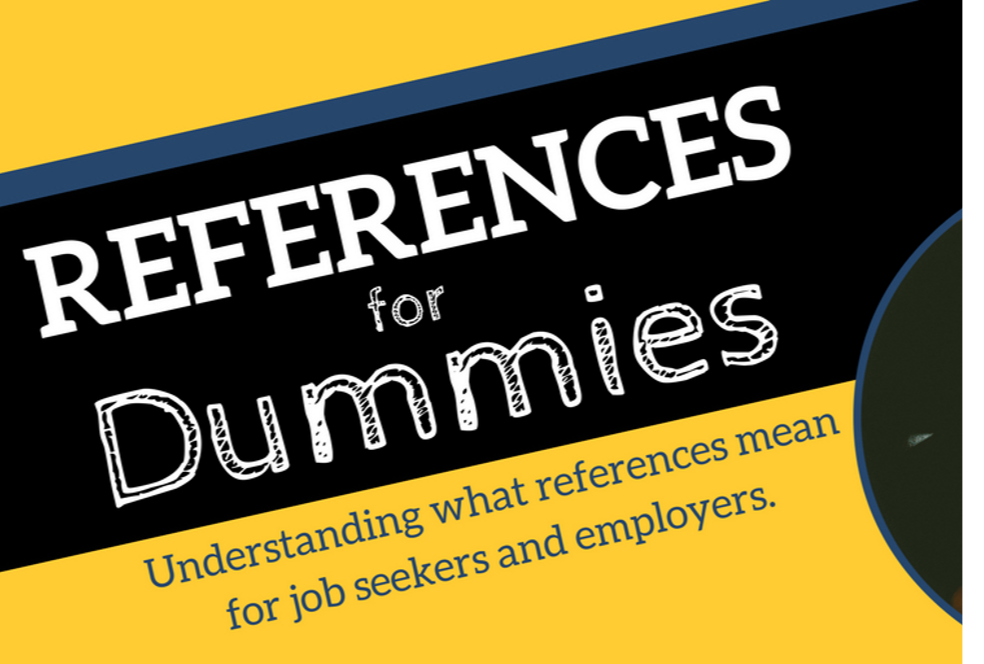by Derek DeWinter, Partner at The DeWinter Group

References – What was once a staple in the hiring process for hiring manager and recruiter alike has gone the way of the dot-matrix printer. I, for one, still think they’re incredibly valuable but let’s think about them differently today than we did 10 years ago.
What remains the same is that you do not receive good references if you have not done a good job. Well... you can list references you feel will provide great reference checks but that does not necessarily imply they will provide a positive referral unless the work you did was exemplary.
To the Job Seeker:
The reference check process starts the day you start a job. The functions you support, the colleagues you interact with on a routine basis, and those you supervise all have the potential to serve as references in the future. If you are not approaching your job with enthusiasm, passion, and care regarding the quality of your work product AND working on improving – then you’ve already hindered your reference check process.
To the Hiring Manager:
Sure, we all know that the references you get from potential candidates are going to be selected because they will be good – right? That’s the intent, but when requesting and receiving references, it is pretty easy to determine their quality. You should always get a hiring manager, ideally two. Additionally, someone outside of the functional area they are in (e.g., if they are in the Finance department supporting Operations then get someone in Operations) and a colleague or subordinate.
When starting the reference check, it is beneficial to begin the conversation by stating why you are calling. If you are a hiring manager, it is important to state you are hoping to receive reference checks which are accurate and insightful. The same type of feedback they hope they would receive if they were calling you to check on someone they were going to supervise for the next opportunity. The reference should be compelled to be honest, just as they would hope to receive if the situation were reversed. And, even imperfect references are good – it gives you something to work on with your new hire (and don’t be afraid to specifically state that).
To the Recruiter:
Do not gloss over references!!! I cannot emphasize this enough. Look, we have all been on the receiving end of a reference that is going to help seal a deal. If you have done this long enough you have gotten a reference that made you go, “Hmmm?”. What did you do? Did you dig deeper? Did you document the reference as you heard it or as you wanted to hear it? And most importantly, did you talk to the hiring manager about it?
And now the reality of things – today…..
Reference checks don’t happen like they used to. The world we live in today is networked, LinkedIn, Facebooked, and the walls that traditionally existed to ensure confidentiality are riddled with holes. So much so that backdoor references happen in almost every instance. And they almost always occur before a conversation ever happens with a candidate.
What does this mean? Well, this goes back to my original comment. A reference ultimately begins with how well you do your job and how good of a colleague, supervisor, friend, mentor, and employee you are. I’ll encourage you to think about that tomorrow, as you go into work. Say hello to colleagues and approach your job with a positive and passionate mindset. Obtaining great references starts now and the more you approach your current job with the professionalism it deserves the better references you’ll have when you ultimately leave that role.












